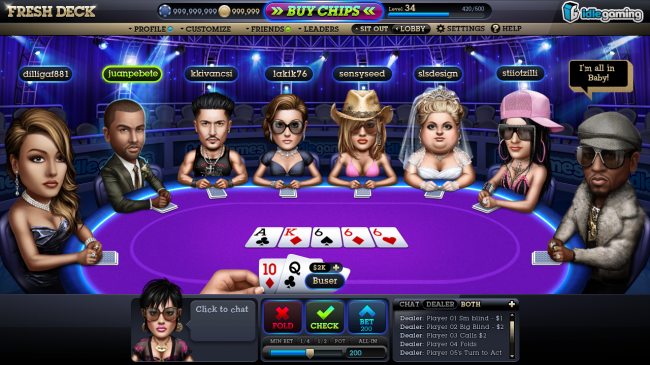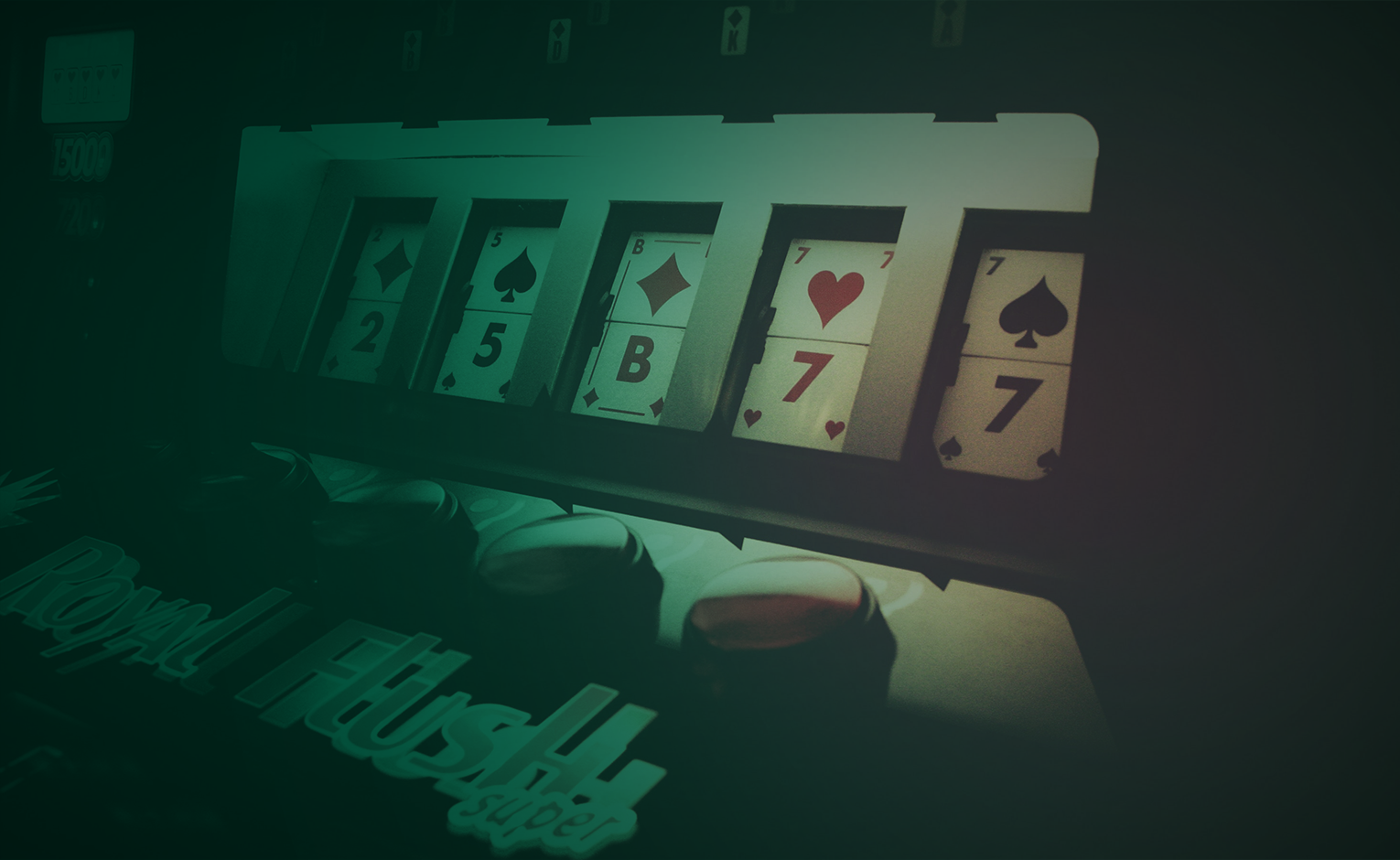Social Gambling
Social Gambling Conference have the free money bonuses which means that you get an amount in cash to play for. There is then also the free spins which often is limited to Social Gambling Conference a specific type of game. We always recommend the free cash since then you often have more freedom to select whatever slot you want to play. Social gamblers consider gambling to be a valid form of recreational activity and maintain full control over the time, money and energy they expend on gambling. They consider the cost of gambling to be payment for entertainment. Illegal Social Gambling There are social gambling events that are illegal and could lead to an arrest for all attending. These usually take the place of private animal fights, attempts at amateur social gatherings that appear like casino activities and similar situations.
We're here to help
'All the staff have been really helpful and I can honestly say I'm glad that I'm here!' Learn more about us
Published: Wednesday, 16 April 2014 by

Anyone who gets caught up in the downward spiral of problem gambling finds only too soon that the negative impact on his or her life can be devastating. Finding money to gamble is usually the most immediate and obvious issue which brings with it enough problems, but in addition an all consuming compulsion to gamble at any cost leads to difficulties which affect employment, quality of life, family relationships and mental and physical health.
And of course, problem gambling doesn't just affect the individual. It's estimated that for every problem gambler at least 10 other family members, friends and colleagues are also directly affected.The negative impact on wider society is only just beginning to be recognised and an analysis of those problem gamblers in the Gordon Moody Association residential treatment programme during 2012 and 2013 gives the following insights:
Financial cost
The amounts gambled away varied between £5,000 and £3m. Of those gambling in the range £10,000 - £50,000, 59 people claimed to have gambled away a total amount of £1,225,194 with an average amount of £20,766 gambled per person.
Even for those with a job this is a sizeable amount to have to find on top of living expenses and, since the majority were unemployed (65% in 2013, 78% in 2012), all this gambling money had to be funded from other sources - borrowing from family and friends, high street money lenders, pawnshops and loan sharks.
Many Gordon Moody Association residents also report that families remortgage their houses and go into debt themselves in order to try and help sort out the problems of their loved one.
Many problem gamblers get into huge debt and often resort to illegal activities to fund their addiction including stealing from their loved ones and their employers as well as turning to other illegal ways of making money to gamble.
Those who are unable to cope with their debts may choose or be forced into bankruptcy and society then carries the rest of the debt. If court costs are involved this adds to the total financial cost.
Those who are unemployed and unable to work due to their addiction are surviving on state benefits which at the very minimum amount to £57.35 per week (Jobseekers Allowance) and may amount to a great deal more. Assuming six months unemployment and at the basic rate of benefit this is an additional cost of £1,491 per person for 18 - 24s and £1,882 for adults who are 25+.
Criminality
If a problem gambler turns to crime then police time, court costs, probation services and prison services and other support services need to be factored into the cost to society. The average annual overall cost of a prison place in England and Wales for the financial year 2011-12 was £37,649 (NOMS).
Social Gambling
Health services
Whilst problem gambling has not until recently been identified officially as a health issue and little or no funding is currently available for treatment from the NHS, health services are often involved as many problem gamblers develop physical and mental health issues as a result of stress and anxiety and the effects of other risk taking behaviours.
The effects on children

Sadly many family relationships breakdown as a result of problem gambling and children are the innocent victims not only because of the emotional distress created within the home but also often the loss of contact with their parent who leaves and the poverty which can result because of the behaviour of the problem gambler.
With this in mind it is clear to see that the issues and costs associated with any problem gambler can extend far beyond the basic financial cost and helping the recovery of one individual will have a much wider positive social impact.

Supporting you
'I'm very lucky to be here with so many other addicts who are positive and want to change and achieve recovery' Learn about our programme
Rules and Basics of Social Gambling
Social gambling is often differentiated from gambling in the traditional sense. In its simplest definition, social gambling is wagering among friends in a non-public area, while gambling is an individual act done in a casino or other public gaming establishment.
In some states or countries, social gambling is considered legal, while in other countries, debates are still ongoing on whether to legalize social gambling or not. At the bottom of debates and legalizing process are attempts to define and contain social gambling. We list down commonly held definitions of social gambling.
One, gambling fits the 'social' classification if, again, the wagering is done among close social relations. This includes gambling between friends and family. By social relationship, this means that players must have a founded on common interests other than gambling.
Two, the wagering is done inside a non-public establishment such as a friend's house or your neighbor's lawn.
Three, there's no bookmaker involved. A bookmaker is one who takes bets and pays winners.
Four, the gambling is done not for the private gain of one person not involved in the actual wagering. In short, there are no commissions to be paid by players here, or commissions taken from winnings.

Even profit-making that does not directly come from the gambling activity, but arises as a result of the gambling activity would disqualify a gambling from being considered as social gambling. For instance, if someone sold liquor, attracted customers, and earned sales as a result of the gambling activity, then the gambling will no longer be considered as a social activity.
Five, all gamblers must conform to the minimum age requirement of the country. In most countries, the minimum age requirement for players is 18. In Australia, the age requirement is 16 and above.
Six, the chances of winning should be available purely among the participating players. The bets, antes, stakes placed in the game should not be used other than for paying players. Further, all players must have equal chances of winning.
Seven, no one person receives money other than what one has won. There are no bonuses to be won here, no jackpots (except in community poker) to be won.

Social Gambling Definition
Eight, the activity must have arisen out of impulse, not planned.
Social Gambling Sites
To reiterate, social gambling conforms to a legally defined set of standards. Each country has its own legal definitions of social gambling. However, the most basic, commonly held definition of social gambling is that it is an act of wagering among persons who are held by other common interests not related to gambling. If you and your friends engage in social gambling, make sure they conform to the legal parameters set by your country or you will find yourselves facing legal woes.